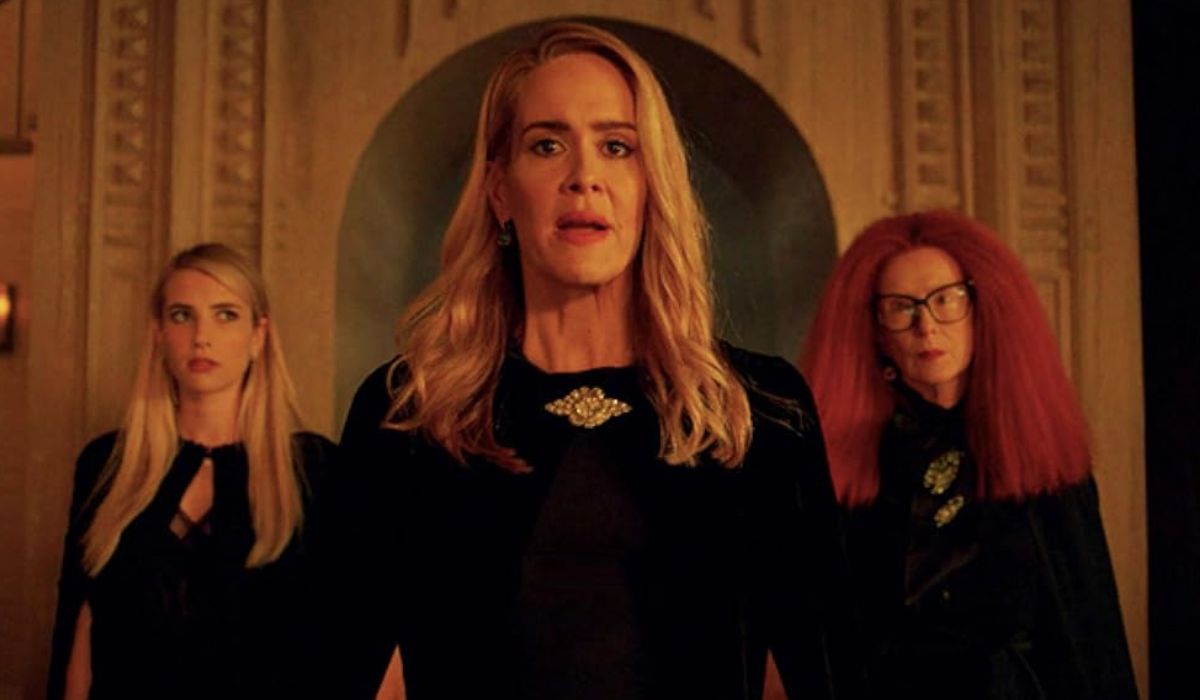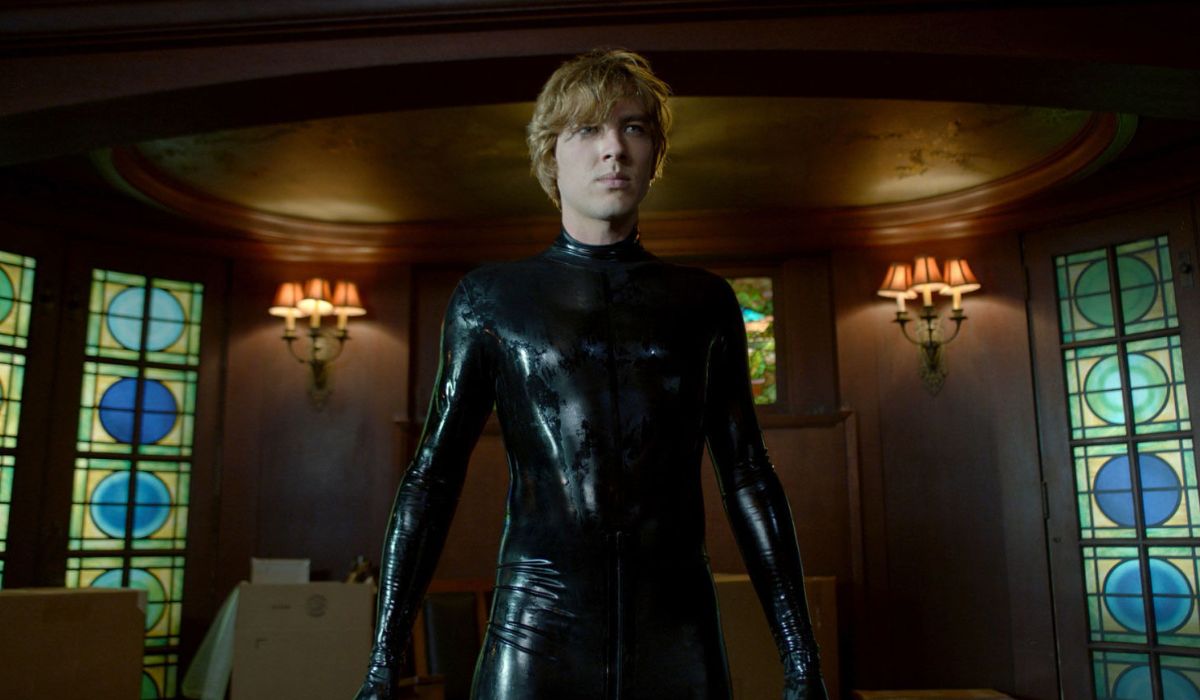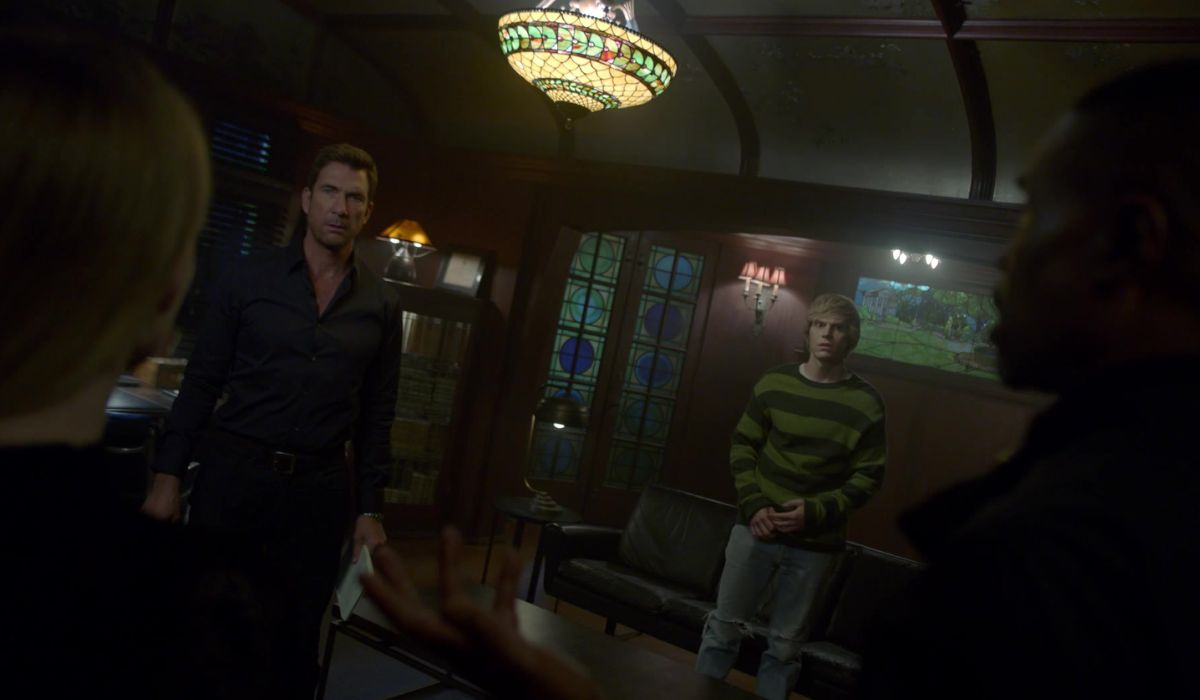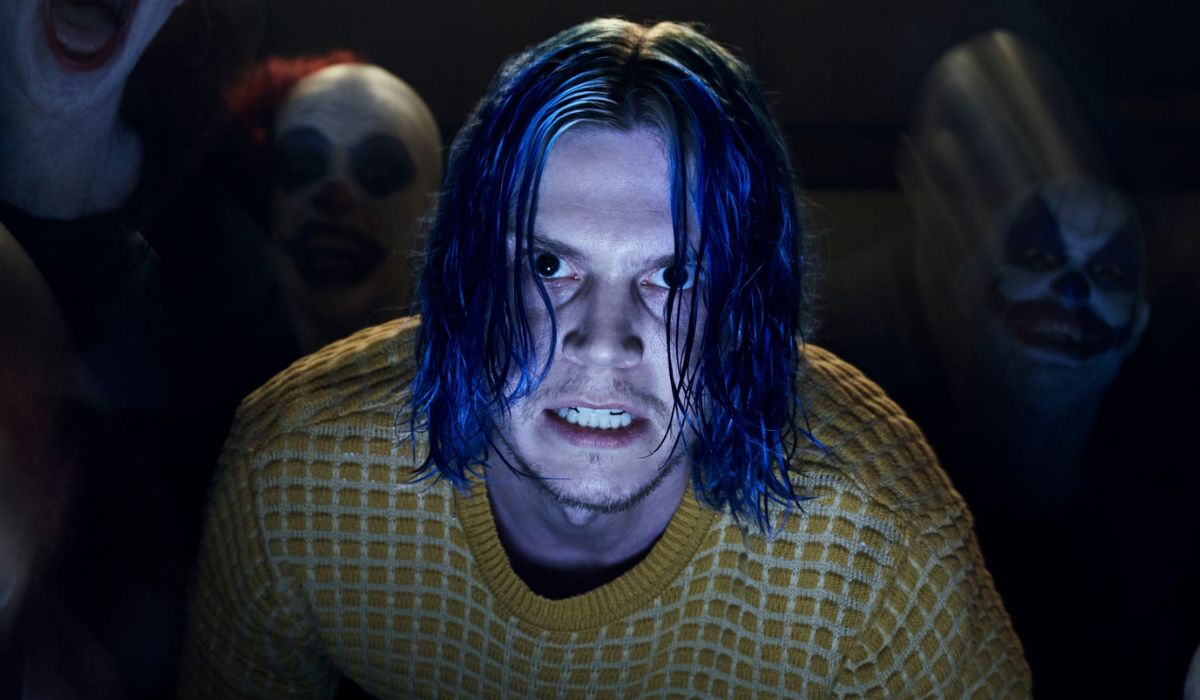
American Horror Story, renowned for its daring approach in the horror genre and for consistently maintaining a devoted fan base, had set high expectations with Ryan Murphy’s announcement that the eighth season, titled Apocalypse, would feature a highly anticipated crossover between Murder House, Coven, and even Hotel. Fans were eager to witness these iconic universes intertwining. However, the season ended up falling short of those expectations, suggesting that perhaps some anticipations should not have been built with such confidence. Once a powerful force in TV during the 2010s, the show seems to have lost its direction over time. Leveraging nostalgia could have been an excellent strategy to regain momentum, but it didn’t quite materialize as hoped.
The narrative of “Apocalypse” commences with a nuclear catastrophe that destroys the world, compelling a band of survivors to seek refuge in the subterranean shelter known as Outpost 3, overseen by a cryptic organization. Among these survivors is Michael Langdon (portrayed by Cody Fern), who was unveiled as the Antichrist in “Murder House”, and appears to be the one determining survival in this new world. The narrative takes an unexpected twist when characters from “Coven” appear, claiming they possess a strategy to halt the impending apocalypse. Subsequently, the season integrates elements of witchcraft, supernatural conflicts, revisits past locations and characters from previous seasons, and attempts to resolve various lingering storylines within the universe of “American Horror Story”, while portraying Michael as the most formidable adversary yet.
American Horror Story’s Big Crossover Was a Haphazard Idea

Reflecting on the concept, I was genuinely thrilled about the prospect of reuniting the captivating spirits of ghosts, the enigmatic witches, and the iconic Cortez Hotel from various seasons, a treat for devoted fans. However, it appears that somewhere during the creative process, the narrative became entangled in an overambitious endeavor to satisfy everyone’s expectations. The result was a story that seemed more preoccupied with making references and catering to fans than weaving a compelling, consistent plot.
What emerged felt less like a heartwarming reunion and more like a mishmash of disconnected, half-baked moments haphazardly assembled. The frequent time jumps used to clarify the storyline didn’t help either; it all became a bit chaotic – it’s no wonder that, at first glance, the season can be quite perplexing.
In simpler terms, the method of revisiting previous seasons’ characters seemed like a quick solution to tie up loose ends in “Apocalypse.” Characters like Tate (Evan Peters) and Violet (Taissa Farmiga), who had deep emotional arcs and were central to the show, appeared briefly and lacked depth, leaving viewers feeling unsatisfied. For instance, their relationship as father and son was mentioned in “Apocalypse,” but the way it was handled felt superficial, causing viewers to question if that was truly the end of it. Although it’s reasonable for “Apocalypse” not to delve deeply into old storylines, it ultimately feels more like a list of tasks than genuine resolution for the characters.
Simultaneously, Apocalypse seemed overly reliant on the show’s history and failed to establish its unique identity. Instead of offering a blend of an engaging crossover with tidy resolution of lingering plot threads and a captivating original narrative, it turned into more of a tribute to past events rather than a new, self-contained story. The balance between paying homage to the past and creating something fresh was off-kilter, making it unclear whether this was due to creative fatigue or an attempt to reignite interest in the show. This imbalance left longtime viewers feeling disenchanted and potential newcomers perplexed, as they needed extensive knowledge of prior events just to follow along. Rather than expanding the universe, it felt like a rehash in disguise, lacking the originality that once set the series apart.
American Horror Story: Apocalypse Failed to Meet Expectations

Incorporating fan favorites can be effective when done judiciously, serving as an added flavor to enrich the narrative; however, in this case, it became more of a hindrance. At its peak, American Horror Story was indeed highly anticipated, and this isn’t an overstatement. Given the return of familiar characters, there was a strong desire for them to contribute substantially, not merely for nostalgic purposes. The potential was certainly there – most of these characters had existing connections. The puzzle pieces were all in place. Unfortunately, Apocalypse forced scenes and awkward dialogue, with characters and events appearing solely to fulfill requirements rather than contributing to the narrative. Contrary to its intention, this approach disrupts the immersion – the viewers are frequently reminded that they’re watching a program more preoccupied with winks and nods than crafting a captivating tale.
Announcing such a large-scale blend of universes set expectations very high, yet it seemed wiser to create an engaging, well-constructed season instead of attempting this crossover. The show has always had the potential for innovation and originality, but Apocalypse appeared to be swept away by nostalgia, ultimately failing to deliver either.
The latest season had some highlights – Jessica Lange’s comeback, the initial surprise of the apocalypse, and even resolving some plotlines from ‘Coven’, like Misty’s (Lily Rabe). However, it didn’t quite meet the high expectations set for it as a major event that would bring together the best aspects of the series. When an audience’s anticipation is not fulfilled, the consequences extend beyond just one season – they weaken the connection between the production and its viewers, which can have long-term negative impacts.

Read Next
Overall, I found “American Horror Story: Apocalypse” engaging, yet it could’ve benefited from more refinement and a more strategic utilization of its characters. The extensive cast might have imposed certain constraints, leading to a less profound narrative than anticipated. However, the excessive reliance on nostalgia rather than innovation was the main issue. Instead of attempting to please everyone, “American Horror Story” could have focused more on delivering unexpected and original concepts. While bringing back beloved characters is enjoyable, it might have been wiser not to advertise a crossover at all if this was the final outcome.
American Horror Story is available to stream on Hulu.
Read More
2025-06-15 03:11